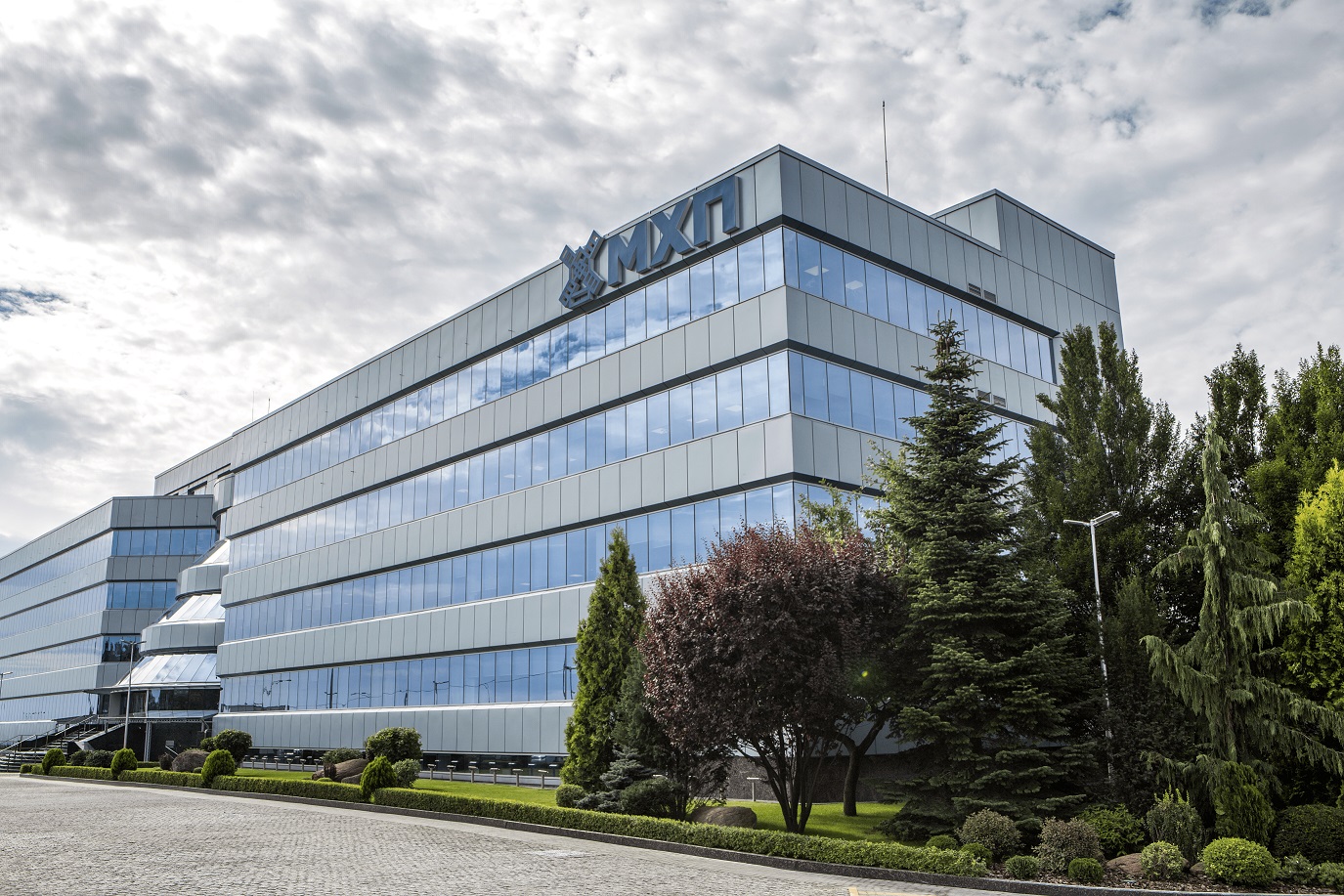Feeding a country at war
During the first hours of the war, top management at MHP, Ukraine’s largest food producer, gathered in the Kyiv HQ to re-frame company goals. Faced with the far-reaching impacts of the unprovoked conflict with Russia, the business stared down a seemingly impossible challenge: How can it deliver humanitarian resources to its displaced citizens and sustain the core business?
Founded over 20 years ago, MHP comprises agricultural production assets, food production and retail. Its facilities span across Ukraine and Balkan countries while distribution and trading offices function in the Netherlands, Great Britain, Saudi Arabia, and more. As the largest chicken exporter and one of the largest grain exporters in Europe, MHP operates in 80 countries.
Striking the right balance
Operations unfaltering, including production in front-line proximity, MHP started its humanitarian mission on day one of the war. More than 11k tons of poultry were distributed to medical facilities, nursery homes, support centers for the elderly and displaced people, as well as citizens struggling in areas near the front lines. The business worked tirelessly to ensure the food security of Ukraine, humanitarian aid, and care for its 26k+ employees.
By month two, though MHP’s unwavering Ukrainian spirit and humanitarian support remained crucial, the business was suffering. In partnership with the Ukrainian government, MHP needed to refine its strategy.
“Our government is grateful for the things we are doing but we also need to strike the right balance,” said Oleksii Reshetniak, chief digital and information officer at MHP, “We should still remain a thriving business outside of our humanitarian efforts and help support the food security of the world.”
A helping hand from SAP
Working with the original administration, MHP strategized to understand where food and humanitarian aid should be delivered to reduce core business stress. A website was created, allowing Ukrainian entities to apply for aid, and offering vital visibility of areas in need. MHP also called upon its five-year partnership with SAP.
A full range of SAP solutions were chosen, from resource management to employee and customer experience relationship management. During the ongoing war, MHP put faith in the SAP team and started implementing SAP S/4 HANA at production facilities in the Balkans.
Nourishing citizens and the business
Thankfully, SAP S/4 HANA has placed MHP in a more secure position to meet ongoing demands. The business resources and processes can now be managed in a more efficient and sustainable way, which creates the breathing room to enact the logistical shifts required in an unpredictable wartime landscape. Without the proper technology in place, Reshetniak claims it would be nearly impossible to balance MHP’s delivery of much-needed humanitarian aid while keeping the business moving forward.
“Our business continues, even though it’s not business as usual. We are implementing a cornerstone of our future right now. We are now much better structured to be a thriving business even within this very difficult wartime economy,” said Reshetniak.
“Running SAP solutions help us to overcome emerging crisis like constantly shifting market demands and logistical collapses while connecting us to a global economy and contributing to the current global food crisis mitigation,” Reshetniak continues, “One of the key known benefits of SAP is its amazing scalability. We can roll out operations to a new market in a few months under a defined business process template.”
While the war rages, SAP is continuing to help MHP build a stable technology infrastructure to support the key business challenges, humanitarian efforts and future goals.




